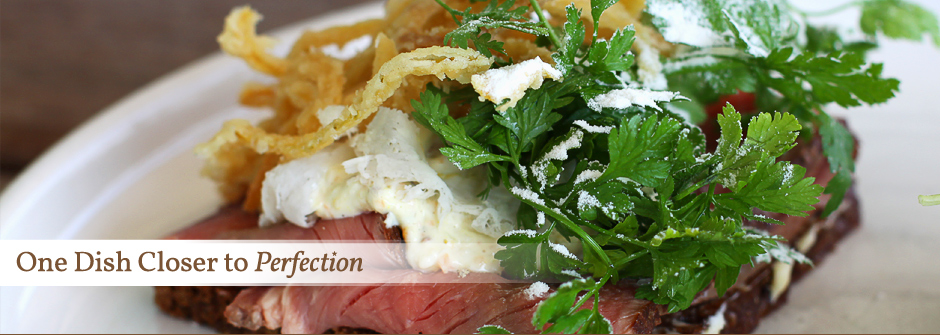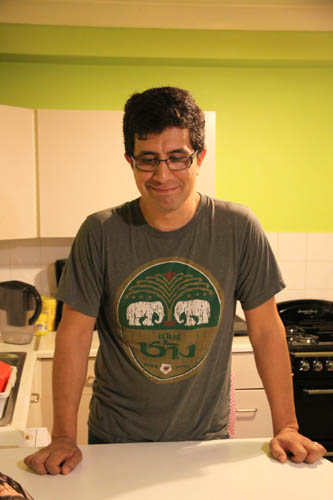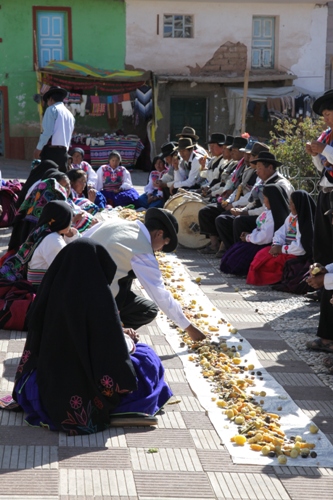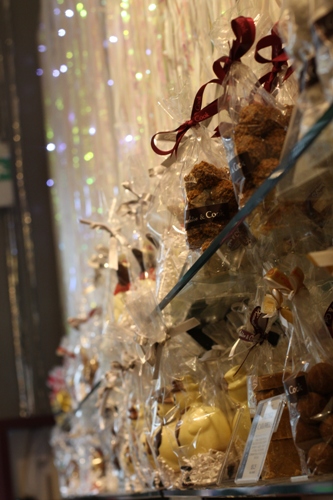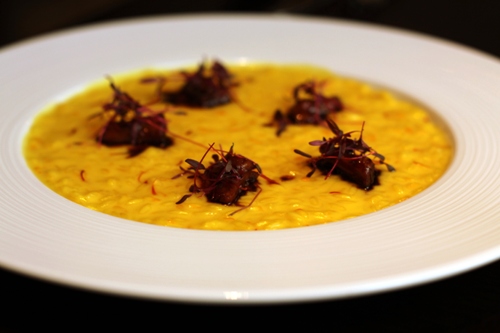Interview with Shaun Richards: Food and National Identity
 Thursday, April 17, 2014 at 10:06PM
Thursday, April 17, 2014 at 10:06PM  Meet Shaun Richards, my oldest friend. We first met when we were less than a year old in the UK when his family came to stay with mine in Cambridge. I have no memories of this, of course, but I do remember living with Shaun's family in their beautiful home on Sydney's northern beaches when I first moved to Australia.
Meet Shaun Richards, my oldest friend. We first met when we were less than a year old in the UK when his family came to stay with mine in Cambridge. I have no memories of this, of course, but I do remember living with Shaun's family in their beautiful home on Sydney's northern beaches when I first moved to Australia.
My family ended up moving to Balmain, about an hour's drive away, so I didn't see Shaun that often, but we developed a great friendship and I looked forward, in particular, to our big family Christmases. Food was a significant part of these days for me and I wondered whether Shaun had similar memories of them.
The theme of this interview follows on from the first podcast in this series, focusing again on food, memory and identity. This short video introduces Shaun and some of the themes in the interview.
I explore with Shaun whether he thinks there is such a thing as Australian cuisine and if there are any links between his national identity as an Australian and his foodways. It turns out that for Shaun being an Australian is no longer a big part of his identity. So what is? Listen to the podcast to find out.
 Australia,
Australia,  Britain,
Britain,  commensality,
commensality,  family,
family,  foodways,
foodways,  identity,
identity,  memory,
memory,  national identity in
national identity in  Podcasts & videos
Podcasts & videos 